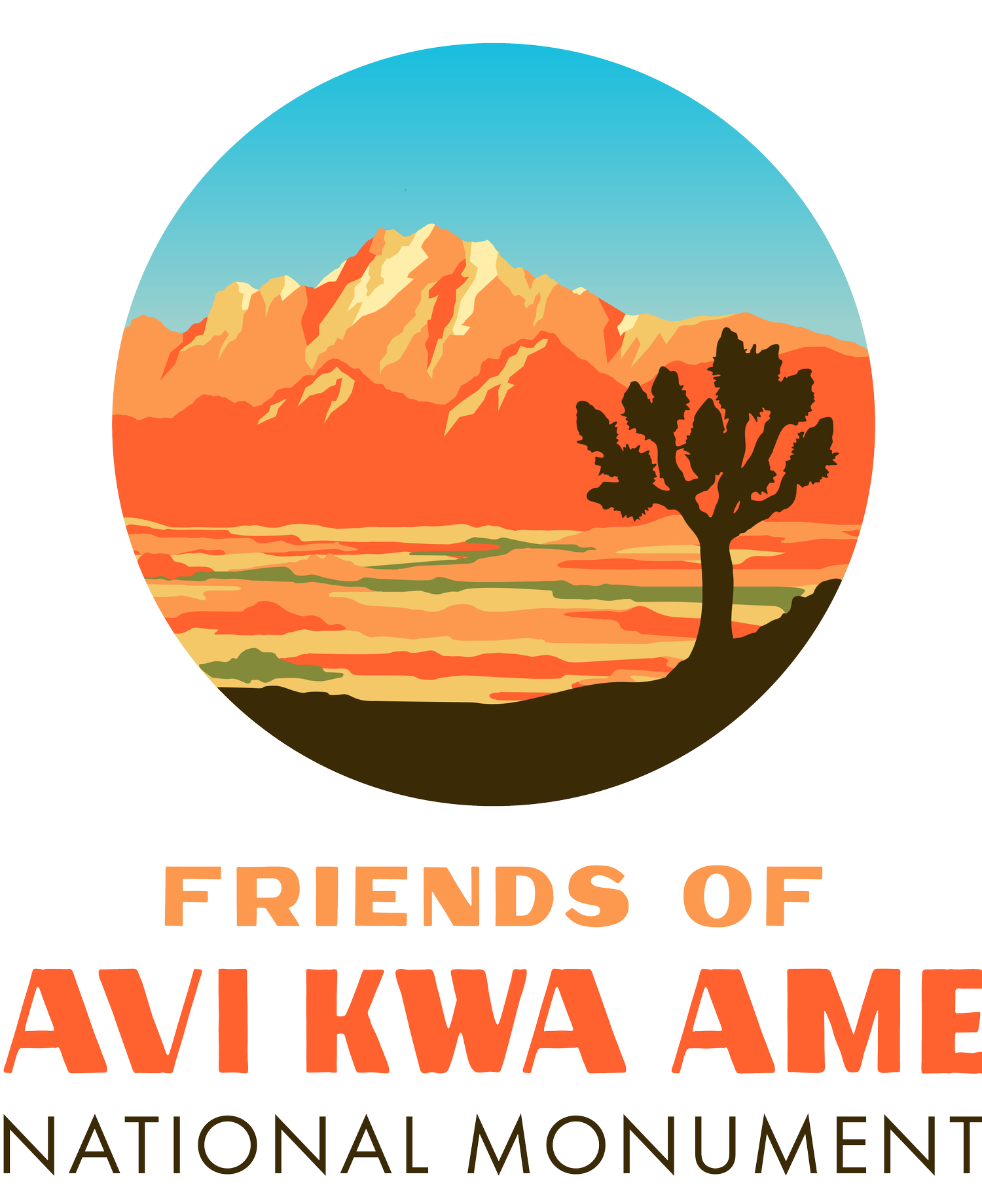TOP 10 TIPS
for SAFE DESERT EXPLORING
This is a remote area, and Emergency Fire and Ambulance services may take a significant amount of time (an hour or more). The nearest hospital is about an hour away in Henderson. Searchlight’s small volunteer fire department receives over 300 calls a year on average. Frequent calls include car, motorcycle and boat accidents, as well as dehydration and heat exhaustion. Be cautious and aware of your surroundings at all times, so you do not need to call them for help.
-
If you take a drive, stroll or hike by yourself, always tell others where you are headed, and when you plan to return. Print or download area maps, as internet and phone reception may be spotty. Travel with a friend whenever possible. Keep your phone with you and fully charged at all times. If your phone battery is low and you are out on a walk or drive, it's time to turn back.
-
Always wear proper attire for outdoor activities. For off trail hiking, thick-soled boots or shoes, long pants, hat sunscreen, water and snacks are a must. Take your medications, a first aid kit, and emergency water and snacks with you - don't leave them at home or in the hotel room. Pain reliever, allergy medication, antiseptic cream, and tweezers might also come in handy. Bring more provisions than you plan to consume.
-
It can change quickly and drastically, so bring layers for temperature changes. The high elevation of this area can get below freezing in winter, and strong winds amplify temperature extremes. Flash floods and lightning strikes are real dangers here, so skip adventuring in these conditions. In summer, do avoid hiking or exploring back roads in the heat of the day.
-
Fill your gas tank, check the tires, pack your gear and phone charger. If you plan to drive down dirt roads, make sure you have a full-sized spare tire and the ability to put it on if needed.
-
Watch for BLM signs and stay on designated off-highway routes, which will always be at least one car-width wide. Smaller trails are illegal for vehicles, and driving on them can harm plants and wildlife. Dirt roads may not be maintained, and some may be highly degraded or impassable. Be willing to turn around at any point when a road looks unsafe. Roads often get worse as you go further in, and there is no AAA tow service away from the highway.
-
Take your time and look around you with every step. We share this desert with rattlesnakes, scorpions, cone nose bugs, stinging ants and bees, spiders, rodents, and many kinds of plants with sharp blade-like leaves, as well as slippery slopes and uneven ground. And sharp, old metal things. Oh, yeah, and old mineshafts. Be calm and cautious when exploring. Do not sit, stand, reach or walk anywhere that you cannot see first.
-
They are the most likely to get injured. Keep pets on leash outside - they may go from being mellow to chasing animals across the landscape in an instant. Check regularly for cactus needles in dogs' feet, and watch for snakes, because your dog won't. Snakebite is a rare occurrence among humans, but sadly much more common in dogs. Keep in mind that if your dog or child gets bit by a snake, you will need to carry them to your car.
-
Do not drink, smoke, or otherwise ingest mind-altering substances beyond a mild effect (including alcohol). You will need your wits about you to keep safe and healthy in this untamed environment! Do not hike or drive while intoxicated. Beautiful scenery, music, conversation, children and pets can also be distracting - make sure you are watching where you are going and how to get back.
-
Temperature extremes, lack of humidity, and elevation combine to dehydrate people more easily here. Sunstroke, windstroke, and exhaustion can happen quickly. Drink hydrating beverages that replenish electrolytes, eat snacks, and don't push yourself.
-
Drive on designated routes, and walk on trails whenever possible. This will help preserve the fragile soil biocrust. Do not feed the wildlife. If you want to help them, water some of the plants that provide them with food and shelter. Please do not stack rocks or otherwise alter the natural environment. Pack it in, pack it out, and leave no trace. Even better, leave it better than when you found it. Future generations of humans and wildlife will thank you for keeping their home safe, too.
Scorpion illustrations by Nancy Ko.


